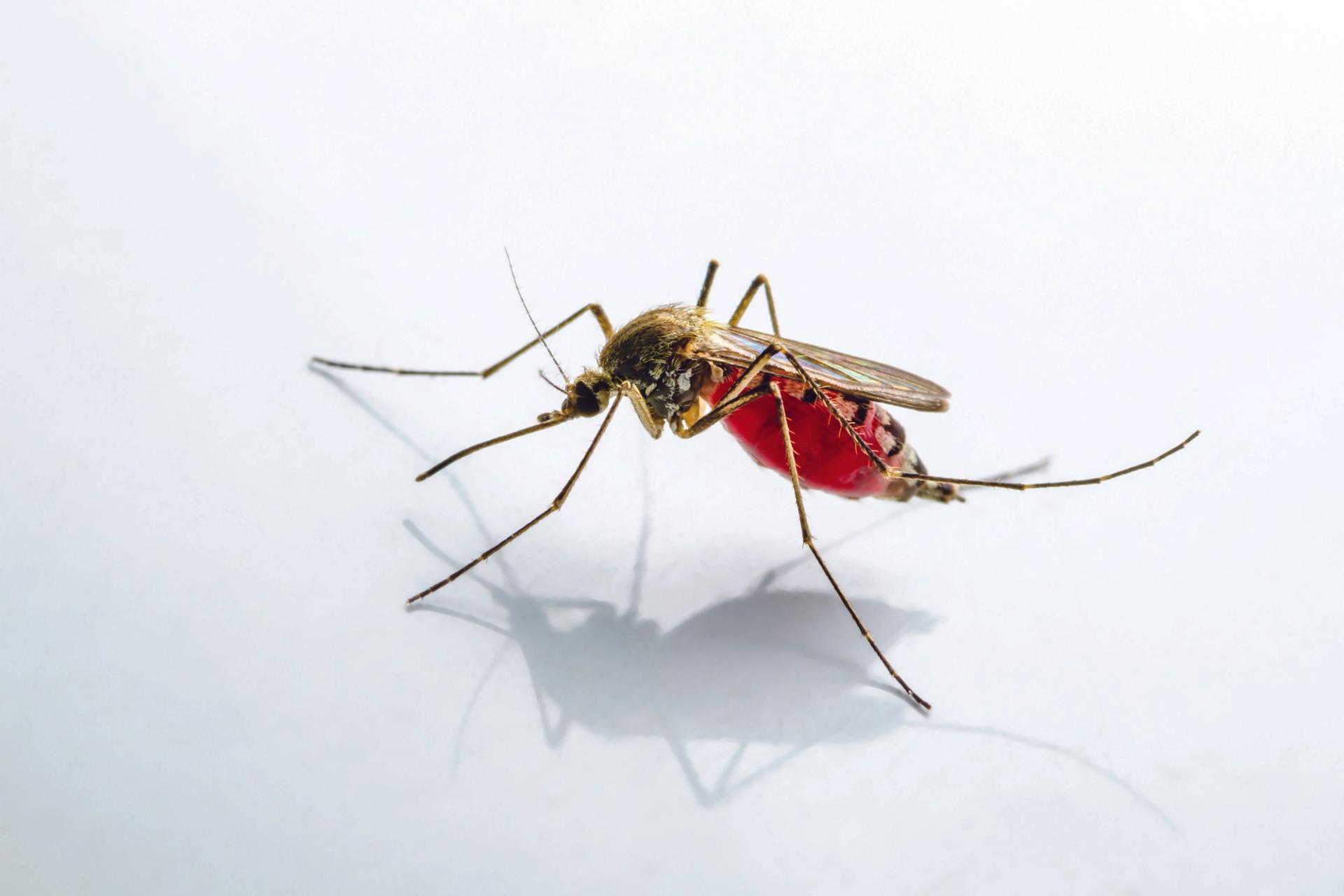
Travel update
JANE CHIODINI, MBE; MSc(Travel Med), RGN, RM, FFTM RCPS(Glasg), QN. Past dean, Faculty of Travel Medicine, RCPS(Glasg). Director of TravelHealth Training.
There are just two items in this issue’s Travel update, but both are critically important – the first for individual nurses with travel health responsibilities, and the second in terms of global health priorities
NEW VACCINATION TRAINING STANDARDS
Updated National minimum standards and core curriculum for vaccination training were published in June 2025 and can be found at https://www.gov.uk/government/publications/national-minimum-standards-and-core-curriculum-for-immunisation-training-for-registered-healthcare-practitioners. The document is for all healthcare staff with a role in delivering vaccination programmes.It sets out a minimum framework for developing training to address the shared and specific needs of all healthcare staff with a role in vaccination. It is important to read and understand the terminology outlined on page 3 of the guidance, because the publication is applicable not only to Registered Healthcare Professionals (RHCP), but it also includes Healthcare Support Workers (HCSW) who may have a role in vaccination delegated by an appropriate RHCP. In relation to travel health, all those involved in immunising must have undertaken the initial two day immunisation programme – a free course is at https://www.e-lfh.org.uk/programmes/immunisation/.
It is acknowledged that of recent times, HCSWs’ role has been expanded to vaccination services, but there are limitations, i.e. they cannot perform a clinical assessment for vaccination, take informed consent, or work to Patient Group Directions. The section that refers to travel health is on page 7, and explains that the depth and breadth of knowledge and experience required means that it is not considered suitable for HCSWs’ to deliver injected vaccinations to infants and pre-school age children, and it may not be considered suitable for HCSWs to give travel vaccinations. A comprehensive travel health risk assessment by a RHCP is required prior to travel, and Yellow Fever vaccine must be given by a RHCP. This leaves the guidance open to interpretation that perhaps a HCSW could give a travel vaccine but only under supervision and by means of a Patient Specific Direction. However, RCN guidance stipulates that travel health care should be delivered by registered health care practitioners, including nursing associates. Preparation to deliver travel health services requires a minimum two days of training plus mentorship. Attention should be paid to this new national guidance. I hope, given the fact that pre travel health care is so complex, that practices DO NOT consider that undertaking travel vaccines is an appropriate task for HCSWs to undertake.
NEW IMPORTANT MALARIA INITIATIVES
I discussed the rise of malaria cases in travellers returning to the UK earlier this year and the important need to provide malaria prevention advice to travellers. The total number of cases for 2023 was 2,106, the highest seen in the UK since 2001. The group disproportionately affected are those visiting friends and relatives (VFRs) and the highest risk destinations for UK travellers in 2023 were Nigeria, followed by the Democratic Republic of Congo, and Uganda.
I had the privilege of attending a parliamentary meeting for World Malaria Day in the House of Commons back in May this year, organised by Malaria No More (https://malarianomore.org.uk/world-malaria-day-2025). Dr Diana Ayoola Mabayoje, Consultant in Infectious Diseases and Microbiology at Barts Health NHS Trust spoke at the meeting about her experience of malaria as a child in Nigeria and of her direct work treating returning travellers with malaria.
Dr Mabayoje is leading the newly formed African Diaspora Malaria Initiative https://www.africansagainstmalaria.org/, a charitable partnership. Professor Peter Chiodini (my husband) is also involved as the Director of the UKHSA Malaria Reference Laboratory.This new group aims to liaise with members of the African community travelling between the UK and African countries with high rates of malaria, with the objective of reducing the numbers affected by malaria. This is an important, much needed development.Hopefully over time, we can learn new strategies to help support our VFR travellers who attend the surgeries for pre travel advice.
I have just fully updated my Malaria Matters eLearning course, which available in my digital learning store.The course should take approximately 6 hours and provides a certificate of completion at the end.It costs £40 but all profits will be donated to the above-named charity to support their initiative.See https://janechiodini.learnupon.com/store/4412778-3-malaria-matters.